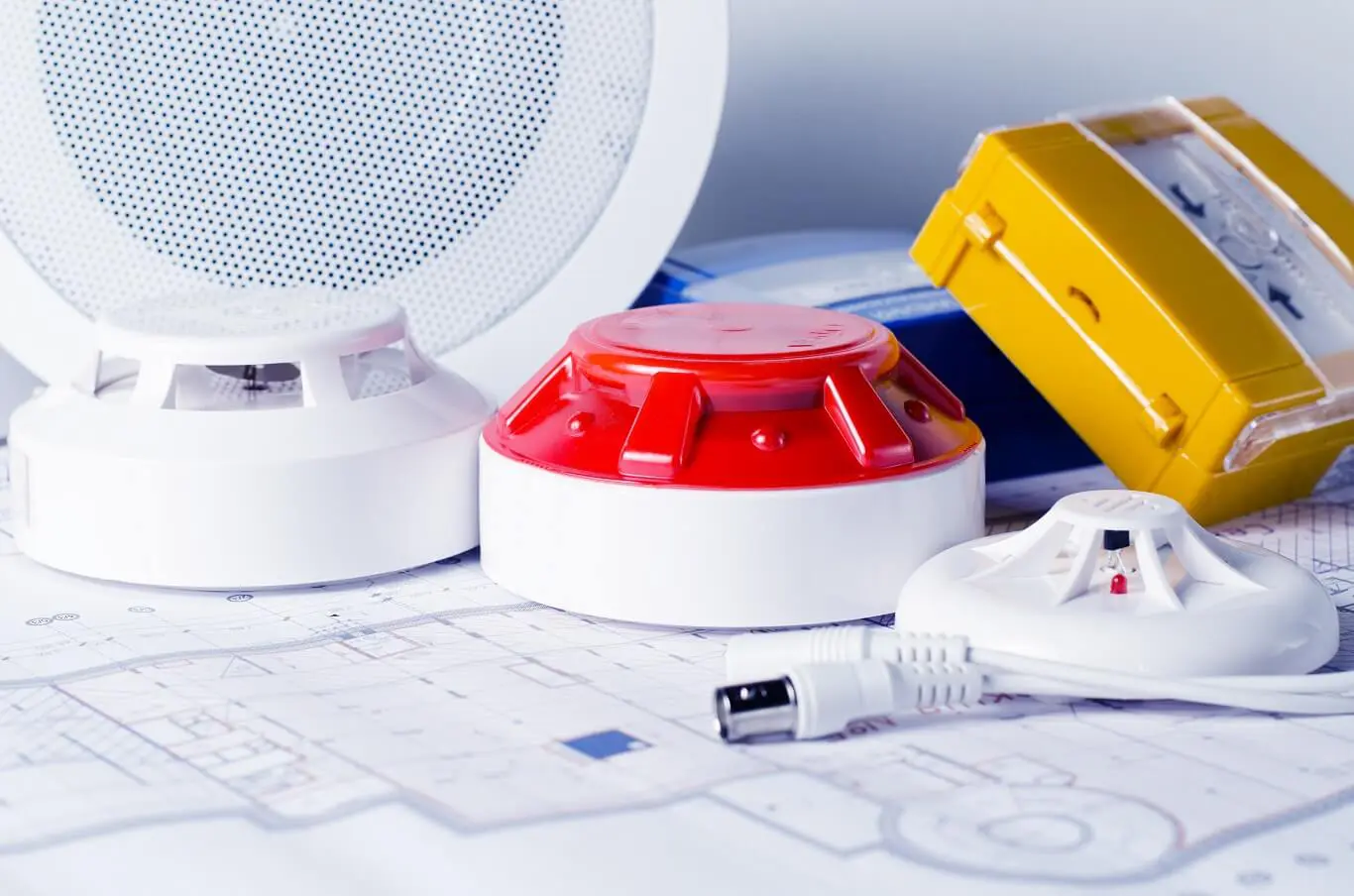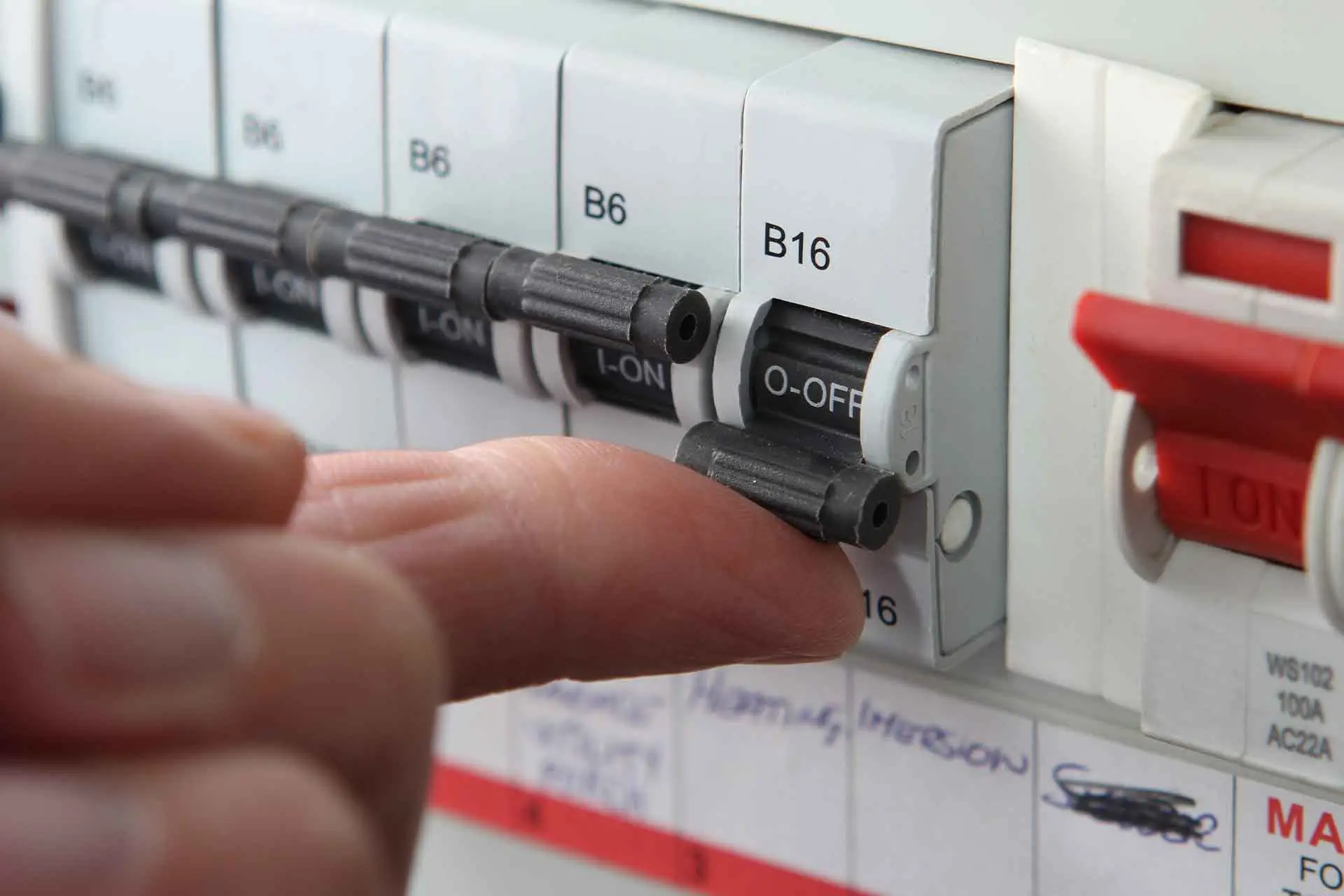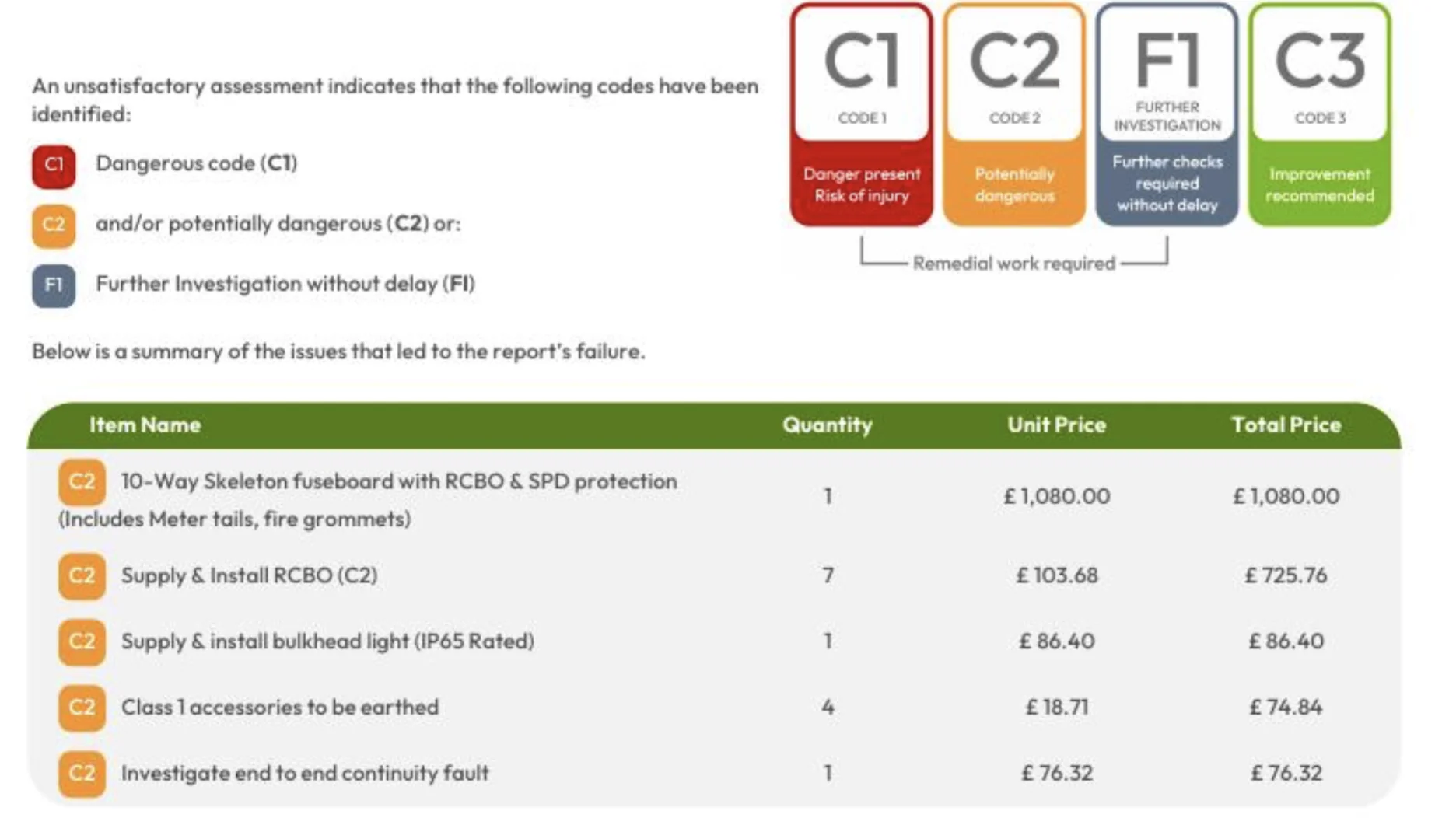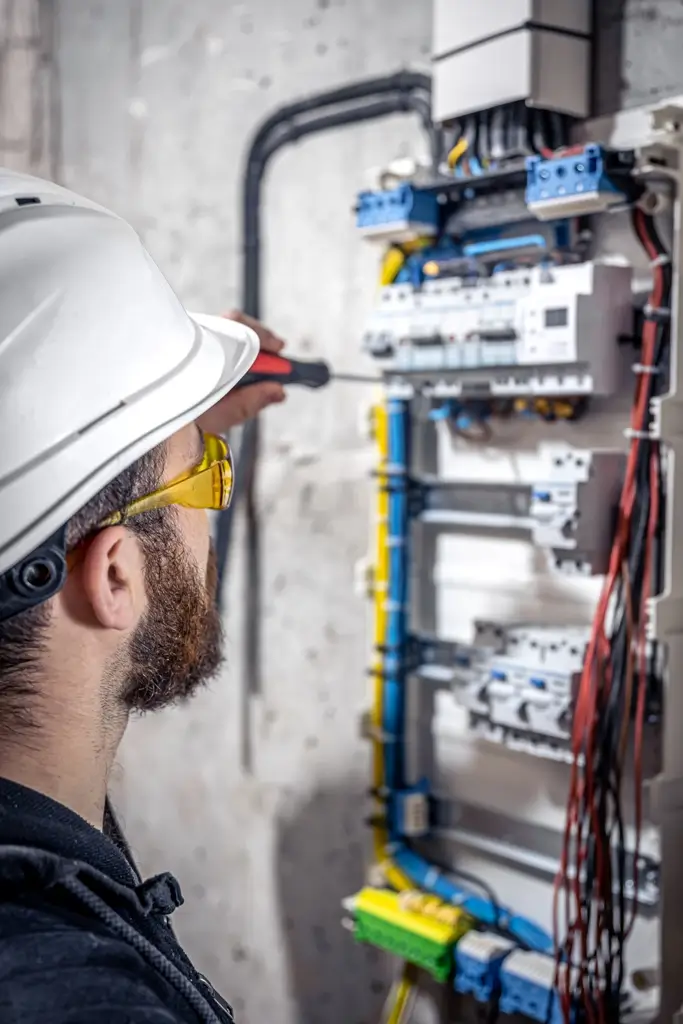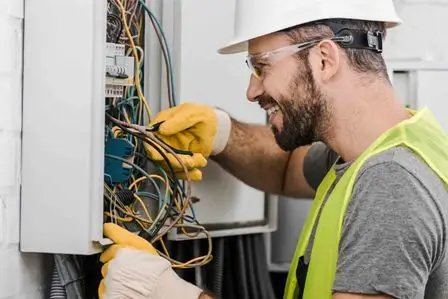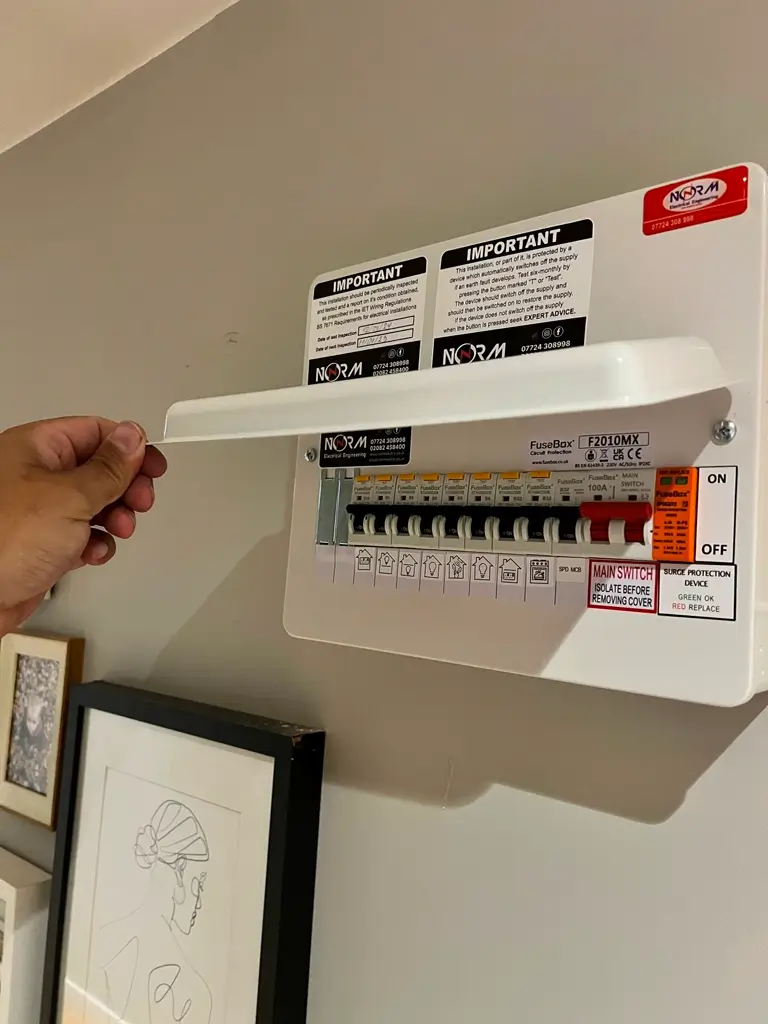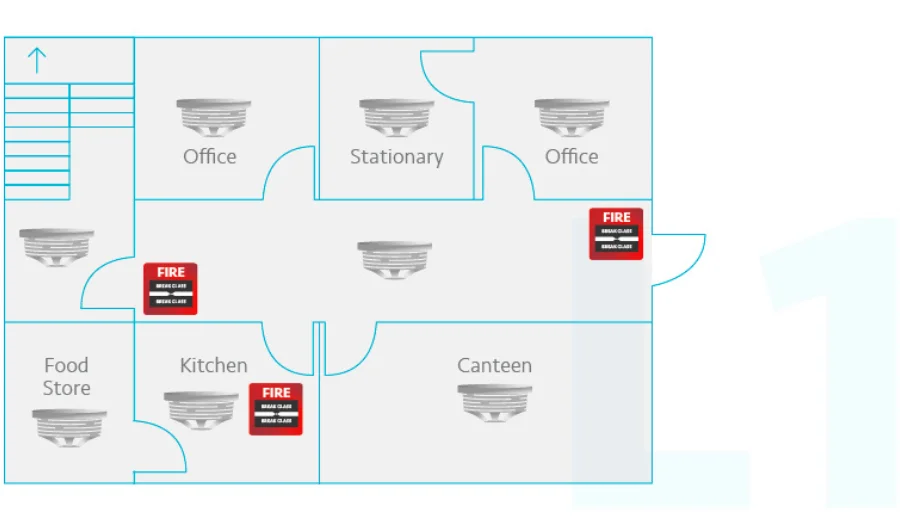Choosing the Best Fire Alarm System for Your London Property
Stay Protected with the Right Fire Alarm: A 2025 Guide by Norm Electrical Engineering
📞 020 8245 8400 | 📱 0772 430 8998 | 🌐 www.normelectric.co.uk
Introduction
Protecting your property and the lives within it is a top priority, and one of the most effective ways to do so is by installing a reliable fire alarm system. Whether you own a flat in Canary Wharf, a townhouse in Islington, or a commercial building in Croydon, having the correct fire alarm system in place can be life-saving — and legally necessary.
In London, with its blend of historic buildings and modern developments, choosing the right fire alarm system is not a one-size-fits-all decision. It requires careful planning, expert installation, and ongoing maintenance. In this in-depth guide from Norm Electrical Engineering, we walk you through everything you need to know about selecting, installing, and maintaining the ideal fire alarm system for your property.
Table of Contents
What Is a Fire Alarm System?
Types of Fire Alarm Systems
Key Components of a Fire Alarm System
Legal Fire Safety Requirements in the UK
Which Fire Alarm Is Best for My Property Type?
Grades and Categories of Fire Alarm Systems
Installation: Why You Need Certified Professionals
Fire Alarm System Maintenance and Testing
Costs Involved in Fire Alarm Systems in London
Why Choose Norm Electrical Engineering
Useful Resources from GOV.UK and Other Official Sources
Conclusion
1. What Is a Fire Alarm System?
A fire alarm system is a network of devices that detect fire, smoke, heat, or carbon monoxide, and alert occupants through audio-visual alarms. These systems range from simple standalone smoke alarms to advanced addressable systems suitable for large commercial properties.
🔥 Main Purpose:
Early detection of fire or smoke
Immediate alert to occupants
Compliance with legal safety regulations
Protection of life and property
2. Types of Fire Alarm Systems
Understanding the types of fire alarm systems available is crucial to making the right choice for your London property.
🔸 Conventional Fire Alarm Systems
Divides the property into zones
Pinpoints general area (not exact location)
Ideal for smaller buildings
🔸 Addressable Fire Alarm Systems
Each device has a unique address
Pinpoints the exact location of fire
Best for larger or complex structures (schools, blocks of flats)
🔸 Wireless Fire Alarm Systems
Uses radio signals
Great for heritage buildings or locations where cabling is hard
Faster installation but usually higher cost
🔸 Hybrid Systems
Combines wired and wireless elements
Offers flexibility and scalability
3. Key Components of a Fire Alarm System
Control Panel: Heart of the system
Smoke and Heat Detectors
Manual Call Points: ‘Break glass’ alarms
Sounders and Beacons: Audible/visual alerts
Power Supply & Back-Up Batteries
4. Legal Fire Safety Requirements in the UK
🏠 For Homeowners
You are advised to install:
One smoke alarm on every floor
A heat alarm in the kitchen
Carbon monoxide detectors near boilers or open-flame appliances
🔗 More info: Home fire safety from London Fire Brigade
🏘️ For Landlords
Under the Smoke and Carbon Monoxide Alarm (Amendment) Regulations 2022:
Must have a smoke alarm on every floor used as living accommodation
Carbon monoxide alarm in any room with a solid fuel appliance
Alarms must be tested at the start of every tenancy
🏢 For Commercial Properties
The Regulatory Reform (Fire Safety) Order 2005 mandates that:
A suitable fire detection and alarm system must be in place
A fire risk assessment must be regularly updated
5. Which Fire Alarm Is Best for My Property Type?
| Property Type | Recommended System |
|---|---|
| Small Flat | Mains-powered smoke & heat detectors |
| HMO (House of Multiple Occupation) | Interlinked smoke alarms (Grade D1 or C) |
| Large House or Townhouse | Addressable system (Grade B or C) |
| Commercial Office | Addressable or wireless system |
| Heritage Building | Wireless system (to avoid wiring damage) |
6. Grades and Categories of Fire Alarm Systems
📋 Grades (BS 5839-6:2019)
Grade A: Full panel-based fire alarm with backup
Grade D1: Mains-powered with tamper-proof battery backup
Grade F1/F2: Battery-powered standalone devices
📍 Categories
LD1: Alarms in all rooms and circulation spaces
LD2: Alarms in escape routes and high-risk rooms (e.g., kitchen)
LD3: Alarms in escape routes only
7. Installation: Why You Need Certified Professionals
Installing a fire alarm system isn’t just about fitting a few smoke alarms. It requires:
Understanding legal requirements
Proper zoning and device placement
Electrical integration and testing
💡 Always use an electrician registered with:
NICEIC: Find a contractor
NAPIT: Find an installer
✅ Norm Electrical Engineering is fully NICEIC-approved and has over 15 years’ experience installing fire alarm systems across London.
8. Fire Alarm System Maintenance and Testing
Monthly:
Test all alarms manually
6-monthly to Annually:Professional inspection and maintenance
9. Costs Involved in Fire Alarm Systems in London
| Property Type | Estimated Cost Range |
|---|---|
| 1-bedroom Flat | £120 – £250 |
| 3-bedroom House | £300 – £500 |
| HMO or Commercial | £800 – £2000+ |
| Wireless Systems | 15–25% more than wired |
Factors that influence pricing:
Size of property
Type of system
Installation complexity
Integration with other systems
Contact Norm Electrical Engineering for a free quote:
📞 020 8245 8400 | 📱 0772 430 8998
🌐 www.normelectric.co.uk
10. Why Choose Norm Electrical Engineering?
✅ NICEIC Certified
✅ Over 15 years of experience in fire safety systems
✅ Affordable and transparent pricing
✅ Quick turnaround across London
✅ Fully insured and compliant
📞 Book your fire alarm installation today: 020 8245 8400
📱 Emergency response: 0772 430 8998
🌐 Visit: www.normelectric.co.uk
11. Helpful Resources and GOV.UK Links
12. Conclusion
Choosing the right fire alarm system for your London property isn’t just about ticking a legal box — it’s about protecting what matters most. Whether you’re a homeowner, landlord, or managing multiple properties, selecting the right system and having it professionally installed and maintained can save lives and protect your investment.
If you’re unsure about what system suits your needs, reach out to the experienced professionals at Norm Electrical Engineering for expert advice, affordable service, and full regulatory compliance.
📞 Call now: 020 8245 8400
📱 Mobile/Emergency: 0772 430 8998
🌐 Visit us: https://www.normelectric.co.uk

